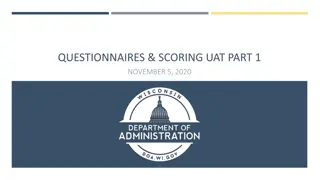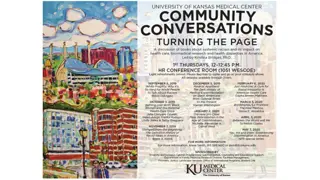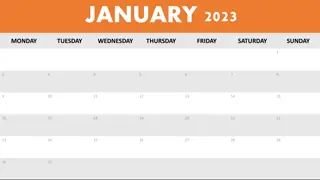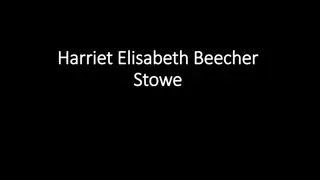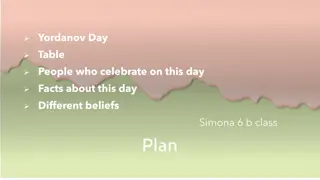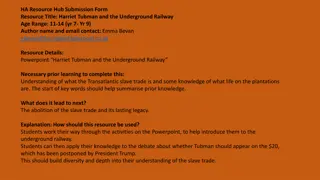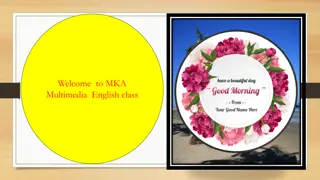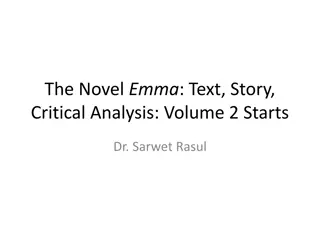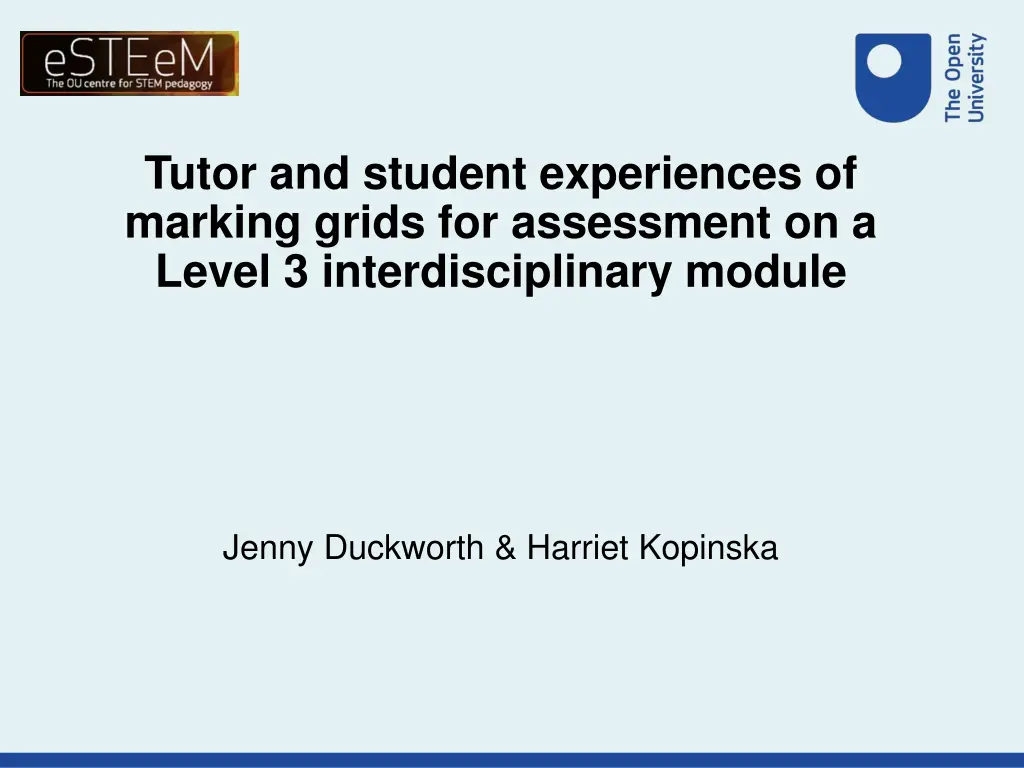
Insights into Marking Grids for Assessment on an Interdisciplinary Module
Explore the experiences of tutors and students using marking grids for assessment on a Level 3 interdisciplinary module. Discover the challenges, aims, methods, and results of this approach, shedding light on the effectiveness and impact on learning outcomes.
Uploaded on | 0 Views
Download Presentation

Please find below an Image/Link to download the presentation.
The content on the website is provided AS IS for your information and personal use only. It may not be sold, licensed, or shared on other websites without obtaining consent from the author. If you encounter any issues during the download, it is possible that the publisher has removed the file from their server.
You are allowed to download the files provided on this website for personal or commercial use, subject to the condition that they are used lawfully. All files are the property of their respective owners.
The content on the website is provided AS IS for your information and personal use only. It may not be sold, licensed, or shared on other websites without obtaining consent from the author.
E N D
Presentation Transcript
Tutor and student experiences of marking grids for assessment on a Level 3 interdisciplinary module Jenny Duckworth & Harriet Kopinska
Inter-disciplinary module Wide range of skills developed Issues considered from multiple perspectives Often ultimate/penultimate module studied
'What is the tutor and student experience of the marking grid approach used on SDT306?' Aims: Facilitate application of LO grading scales Consistency of grading Giving constructive feedback Challenges for tutors: Translation of criteria into scores Time Challenges for students: ?
Methods Survey to tutors and students focusing on TMA02/03 using Likert scale, ordering, yes/no and free text. Student survey piloted by Student Buddies. 13 tutors (60%) and 30 students (17%) completed survey Semi structured interviews of 6 tutors/students framed around experience of marking grids and learning outcomes. Quantitative/qualitative analysis.
Results: Students - Time How much time did you spend reviewing the information in the grids when reading your TMA feedback ? 17% 30% 53% Brief look Read all Work through carefully
Results: Students Future work Which of the grid/script feedback/assessment summary do you find most relevant to improving your subsequent TMAs? 16% 19% 65% PT3 Marking Grid Script Feedback
Results: Students/Tutors Learning outcomes Students Tutors Does marking grid approach help you make it clear how well student met LOs? Does the marking grid approach help you understand the learning outcomes you have achieved? 8% 23% 15% 27% 37% 3% 33% 54% Never Sometimes Often Always Always Never Often Sometimes
Results: Tutors - time How long did it take to mark TMA02? 15% 15% 23% 46% Less than 1 hr 1-1.5 hr 1.5-2 hr More than 2 hr
Results: Tutors applying criteria Does mark awarded through grid criteria differ from initial impression mark? 8% 23% 69% Rarely Sometimes Often
Results: Tutors applying criteria How easy is it to apply criteria to extinction essay? 0% 15% 31% 23% 31% 1 2 3 4 5 How easy is it to apply criteria to group project presentation? 0% 8% 23% 31% 39% 1 2 3 4 5 1 (least easy) - 5 (most easy)
Tutor comments from survey Mixed picture so far... "The marking grids can speed up marking and make it easier to comment on work" "I don't like it as it involves presenting a lot of unnecessary information in a time-consuming way"
Student comments from survey Generally positive... "It's a pretty straight forward way of seeing what I was meant to do, what i did well, and what needs improving" "The grids give detailed summary of where I went wrong, which I can then relate to the work" But room for improvement... "It's often not very clear what I missed doing, and just comments on what I did right. That doesn't always help me understand where I went wrong"
Next steps Further exploration of quantitative data Thematic analysis of interview transcripts Recommendations for SDT306 module team Wider applicability beyond SDT306?
Any questions? jenny.duckworth@open.ac.uk harriet.kopinska@open.ac.uk



